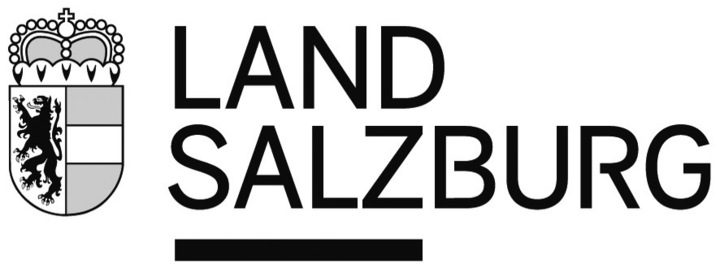


Walking along most European streets these days, one is exposed to countless foreign languages. Conversations between people, vendors at street markets selling their wares, sounds of TVs from inside curtained living rooms, music playing in cars or phone conversations people are having on the move. For those who are engaged in these acoustic exchanges; however, these sounds are essential and not just textural, a life line. They are immersive clouds of sorts, the magic that helps make ‘foreign’ familiar.
Abidi’s film, The Song, is commissioned by the Salzburger Kunstverein in partnership with Film & Video Umbrella, Contemporary Art Society, and John Hansard Gallery. It’s supported by Arts Council England and presented by Contemporary Art Society to Gallery Oldham.
The Song draws on Bani Abidi’s interest in sound and migration, and on what it means to be acoustically displaced. An older man who is a recent arrival to Europe, confronts the silence of his allotted Neubau apartment, finding his own way to settle down. This film gently nudges up to realities of migration and homesickness and associated yearning, traumas and loss. In so doing, Bani Abidi enables a complex spell of identity to emerge, where we glimpse an intimate portrait that glides between sanity and madness, tragedy and comedy, rootedness and rootlessness. In the background are regrets and nostalgia, as well as communities left behind and unseen travesties, and yet despite these losses and experiences, it is the dynamic and complexity of the human will to persist and thrive that Bani Abidi wishes to frame and capture for us.
In addition, there is the sound installation Memorial to Lost Words (2016) with voices of Indian soldiers from the First World War. Over a million Indian soldiers served in the British Indian Army during World War I. Their stories were forgotten, and even ignored in the writing of histories of the war. Bani Abidi’s eight-channel sound installation includes 24 English-translations of censured letters of these very young men, often boys, many of whom never returned home. The coinciding Punjabi music arises from a traditional folk song (“Don’t go, don”t go my friend”) and a poetic version of one of the letters.
Bani Abidi is a Pakistani artist who works with video, photography and drawing. She studied fine arts at the National College of Arts in Lahore and at the School of the Art Institute of Chicago. In 2011, she was invited to the DAAD's Berlin Artists-in-Residence Programme and has lived in Berlin ever since. Over the past decades, Abidi has worked with the moving image. In her work, she blurs the boundaries between fact and fiction and illuminates the absurdities of everyday life. The scenes she stages are portrayed by anonymous figures struggling to make small gestures of resistance. This generally takes place against a backdrop of state power and nationalism.
Abidi often uses film as a memory tool; she combines this with poetry and fictional elements. She often takes on the role of storyteller and urban archaeologist, recounting the cities she has lived in. Fictional narratives intersect with individual experiences and pose nuanced questions, for example about patriotism - especially with regard to the historical conflicts and geopolitical relations between neighbouring nations such as India and Pakistan. Her works tell stories of ambitious dreams and failure, addressing the relationship between state power, patriotism and megalomania. Her artistic explorations are often characterised by humorous approaches to political and cultural issues.
Born in 1971 in Karachi, Pakistan, Bani Abidi is one of the most remarkable contemporary artists of her generation. She grew up in Pakistan, lived in the USA for many years and now lives in Berlin and Karachi. Her works have been on view internationally for more than a decade, in solo exhibitions at the Sharjah Foundation, the Museum of Contemporary Art, Chicago, and the Museum Gropius Bau, Berlin, among others; in group exhibitions she was represented at the 8th Berlin Biennale, the Guggenheim Museum, New York, and at documenta 13, Kassel, among others. Abidi lives and works between Berlin and Karachi.





















